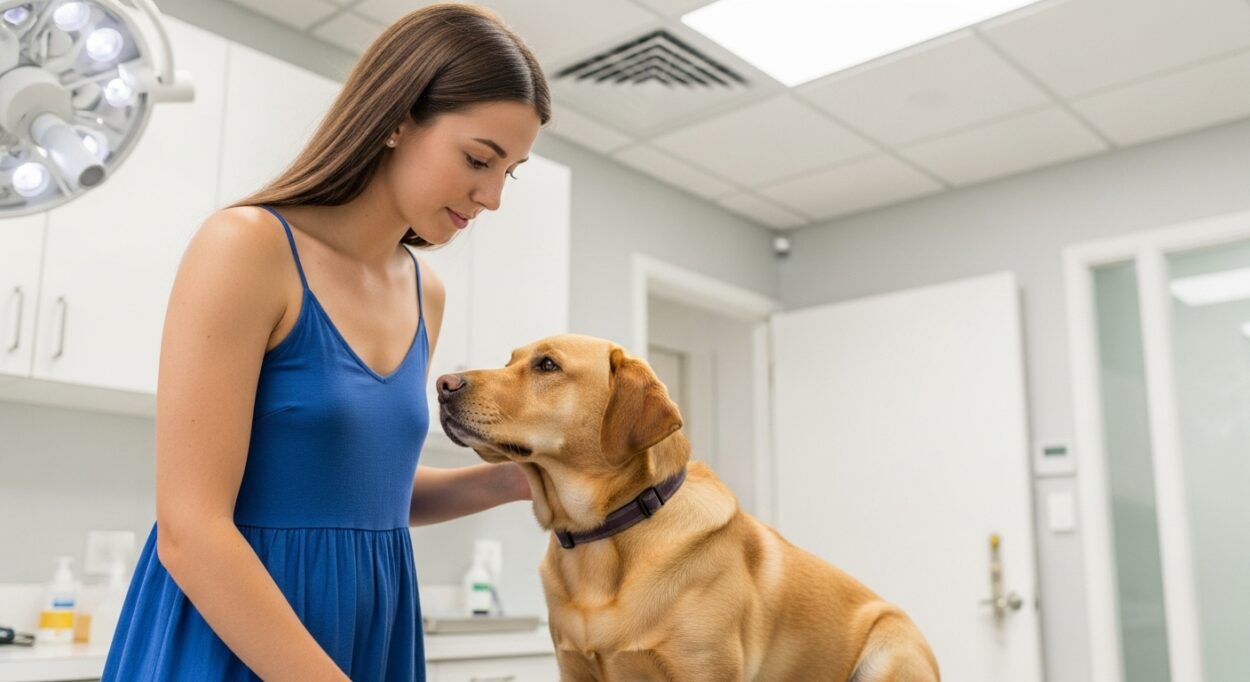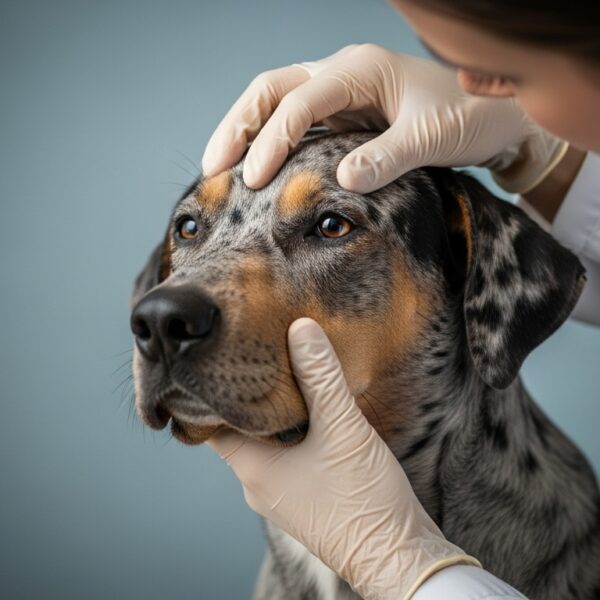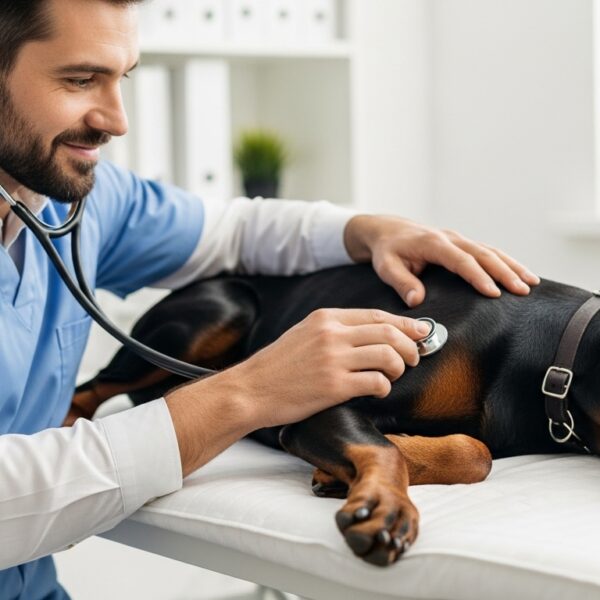Table of Contents
Introduction
Labradors are famous for their playful personalities, wagging tails, and boundless energy. They’re beloved family companions, loyal service dogs, and enthusiastic exercise buddies. But behind those loving eyes, Labradors can be prone to certain health problems that every responsible owner should know about. Understanding labrador dog health problems will help you spot early signs of trouble and, even better, prevent many issues before they start.
In this guide, we’ll cover the most common health concerns for Labradors, explain their warning signs, and share simple tips you can use now to keep your furry friend in tip-top shape for years to come!
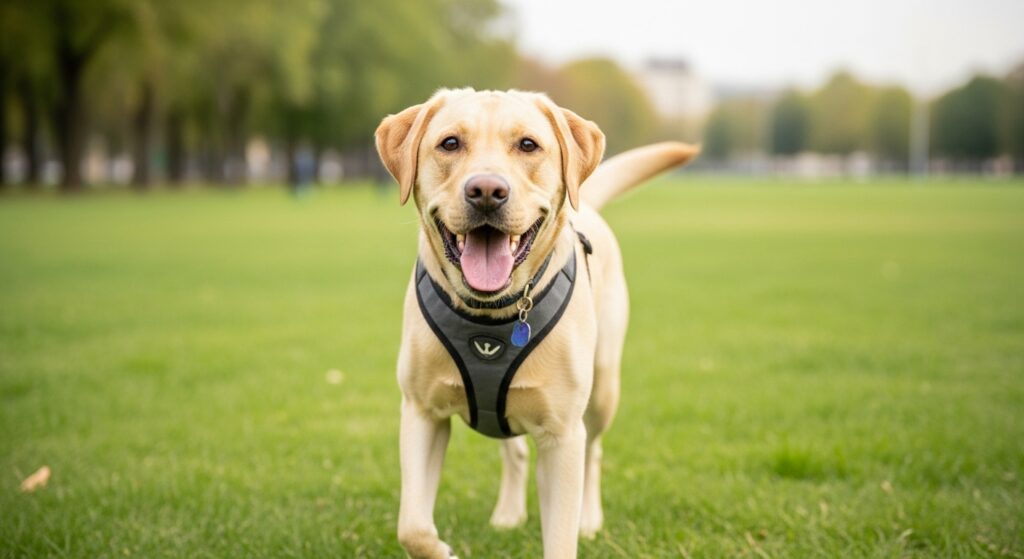
1. Hip and Elbow Dysplasia
Hip and elbow dysplasia are among the most common labrador dog health problems. These genetic conditions happen when the hip or elbow joints develop abnormally, causing pain, lameness, or even arthritis as your Lab ages.
Symptoms to Watch For:
- Limping or stiffness after exercise
- Difficulty getting up or climbing stairs
- Decreased willingness to play or run
Prevention & Care:
- Feed your Lab a balanced diet to prevent obesity (extra weight stresses the joints)
- Provide regular, moderate exercise (like swimming or short walks)
- Look for breeders who screen for joint issues
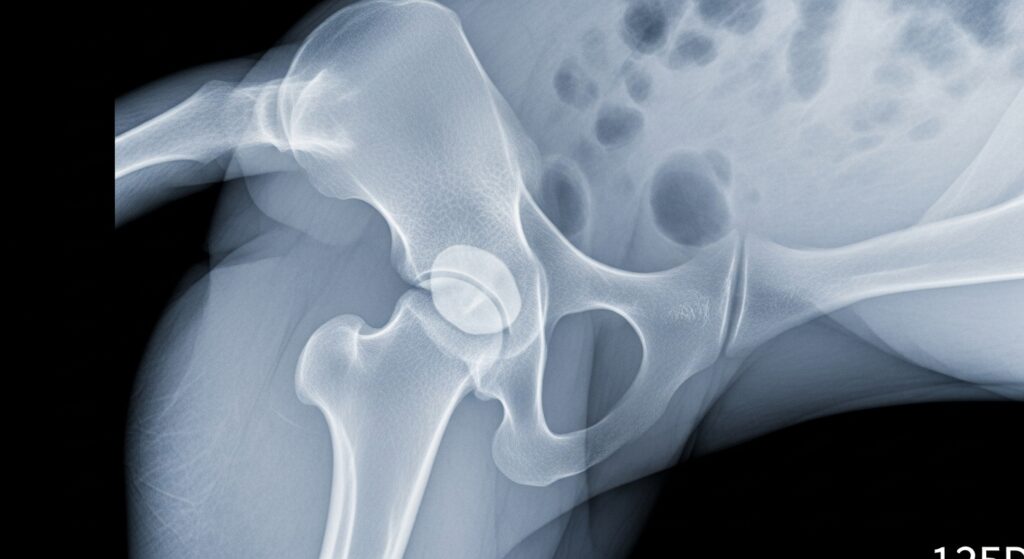
2. Obesity
Labs absolutely love food! Sadly, their big appetites mean they’re one of the breeds most prone to obesity. Carrying extra pounds leads to a host of labrador dog health problems, including joint pain, diabetes, and heart disease.
Signs Your Lab May Be Overweight:
- You can’t feel their ribs easily
- Exercise tolerance is low—they tire quickly
- They beg for snacks all the time
Prevention & Care:
- Measure your dog’s food (no “eyeballing”)
- Choose high-quality, breed-appropriate dog food
- Limit treats and make healthy swaps (like carrot sticks)
- Make daily exercise fun and consistent

3. Ear Infections
Those adorable floppy ears can trap moisture and debris, making Labradors especially prone to ear infections. This is a really common and uncomfortable labrador dog health problem that, thankfully, is easy to prevent!
Warning Signs:
- Scratching or shaking the head
- Redness or odor in the ear
- Yellow or brown ear discharge
Prevention & Care:
- Clean your Lab’s ears weekly, especially after swimming or bathing
- Use vet-approved ear-cleaning solution
- Dry ears thoroughly after any water play
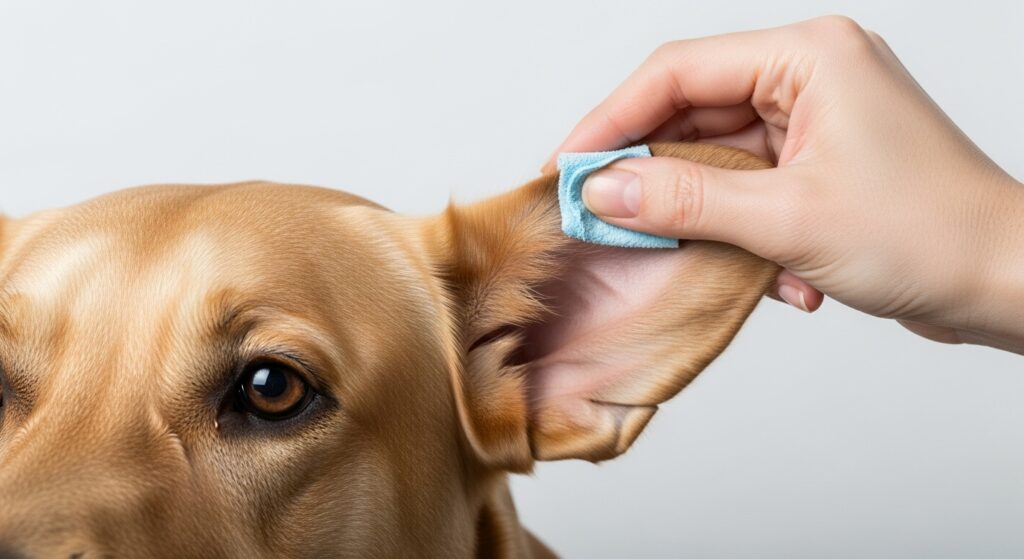
4. Exercise-Induced Collapse (EIC)
Some Labradors inherit a gene that causes sudden weakness or collapse after periods of intense activity. While it’s rare, it’s important that owners are aware of exercise-induced collapse as a potential labrador dog health problem.
Symptoms:
- Weakness, wobbling, or even collapse during/after vigorous exercise
- Generally recovers after resting for a few minutes
Prevention & Care:
- Avoid extremely intense exercise—lots of short, fun play sessions are best
- Ask your vet about genetic testing for EIC if you’re concerned

5. Eye Problems
Labradors are susceptible to several eye issues, such as progressive retinal atrophy (PRA), cataracts, and retinal dysplasia. Eye problems can impact your Lab’s quality of life and sometimes lead to blindness if not treated early.
Signs of Eye Issues:
- Cloudy eyes or visible changes in the pupils
- Bumping into furniture or walls
- Frequent eye rubbing or squinting
Prevention & Care:
- Annual vet eye check-ups
- Watch for changes and treat infections early
- Responsible breeders screen for inherited eye diseases

How to Prevent Labrador Dog Health Problems
Labradors are happiest (and healthiest!) when you take these basic prevention steps:
- Schedule regular vet check-ups—don’t skip annual exams!
- Stay on top of vaccinations and parasite prevention (like flea, tick, and heartworm meds)
- Feed a balanced diet and manage your Lab’s weight
- Exercise daily—a mix of physical play and mental stimulation is best
- Practice good hygiene—especially ears, teeth, and skin
A little effort now means more joyful years with your best friend!
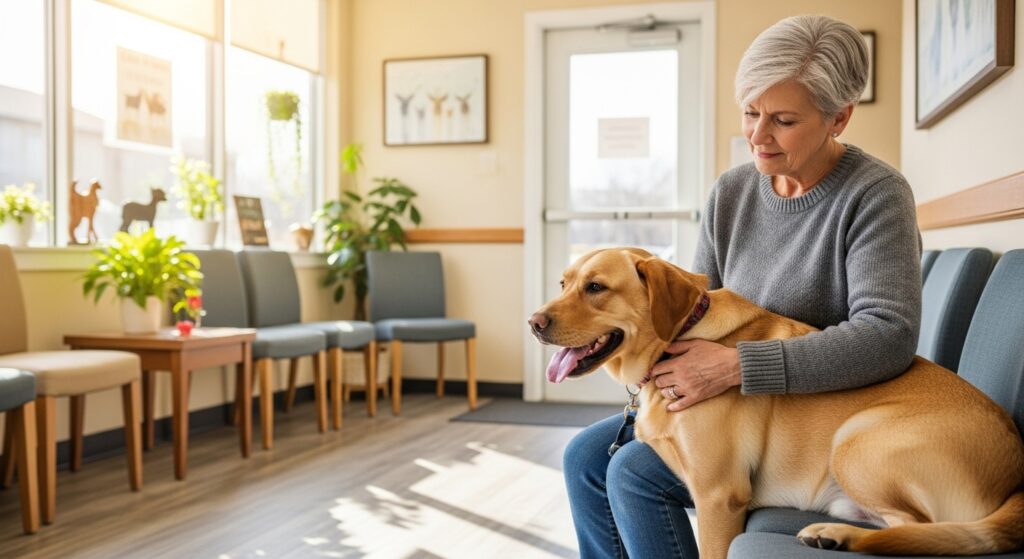
Frequently Asked Questions (FAQs)
Q1: What is the most common health issue in Labradors?A: Hip and elbow dysplasia, obesity, and ear infections are some of the top labrador dog health problems. But with good care, many Labs live long, healthy lives.
Q2: How often should I take my Lab to the vet?A: At least once a year for an annual check-up. Senior Labradors (age 7 and up) may need to see the vet twice a year.
Q3: Can I prevent hip dysplasia in my Labrador?A: You can lower the risk through responsible breeding, maintaining a healthy weight, and providing appropriate exercise.
Q4: What should I feed my Labrador to keep them healthy?A: Choose a high-quality dog food matched to their age and activity level, and ask your vet for specific recommendations.
Q5: Is it normal for Labradors to have discharge from their ears?A: No—discharge, odor, or redness can signal an ear infection. Clean their ears regularly and see your vet if issues develop.
Final Thoughts
Labradors really are one of the best companions you’ll ever have. While it’s true they’re prone to some unique health challenges, staying proactive with their care will help your Lab enjoy a healthy, tail-wagging life. Spot problems early, show your love every day, and your Labrador will be your sidekick for years to come!

